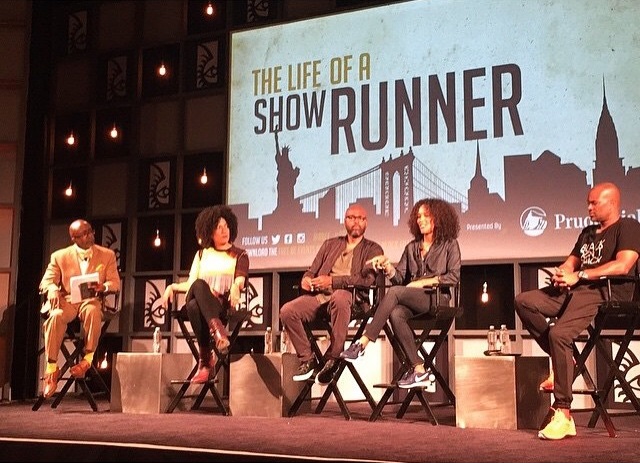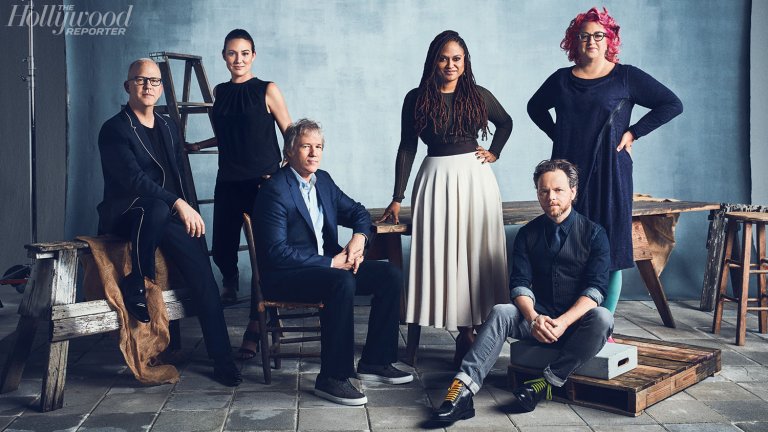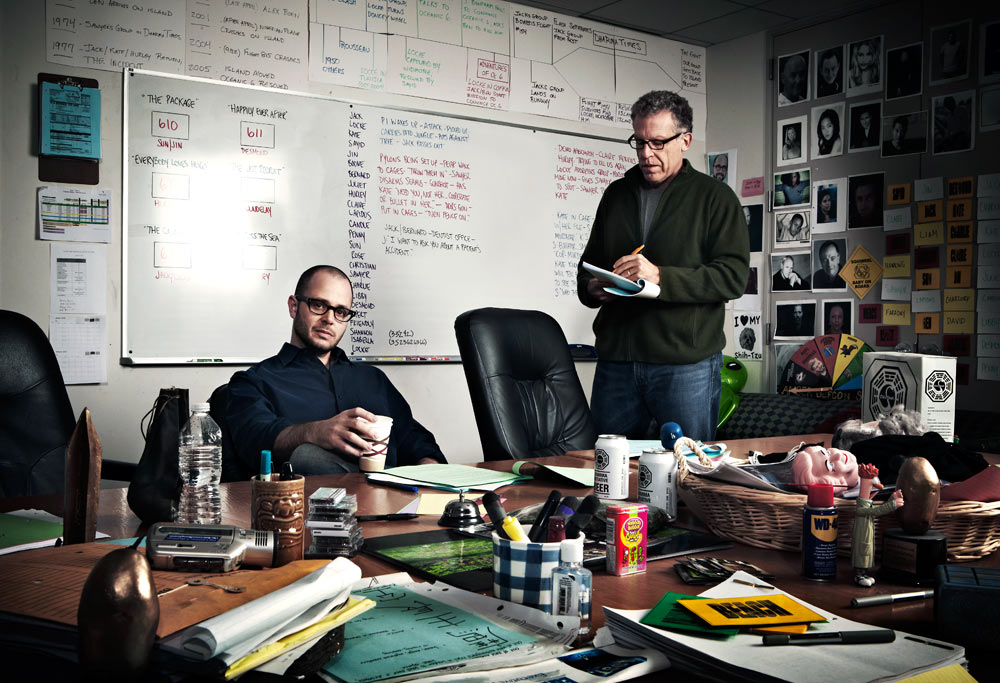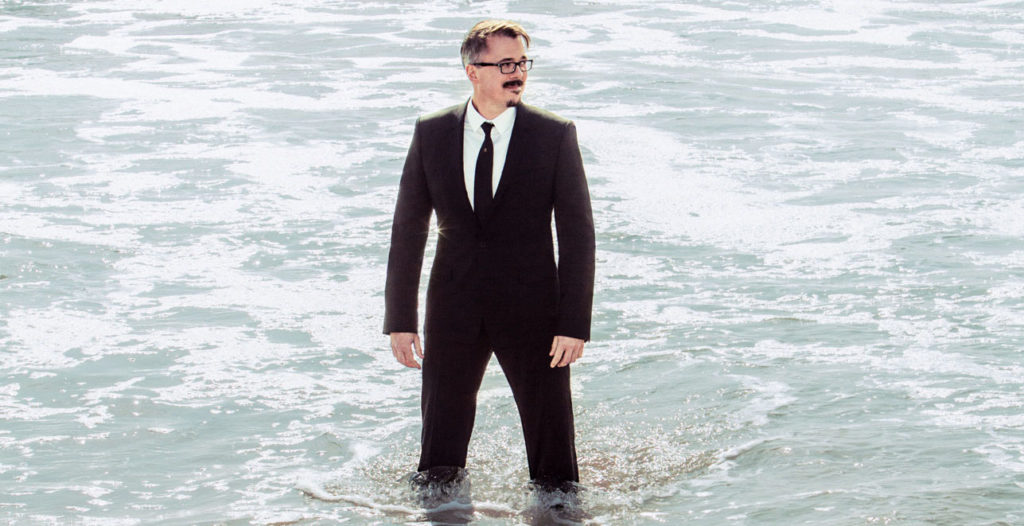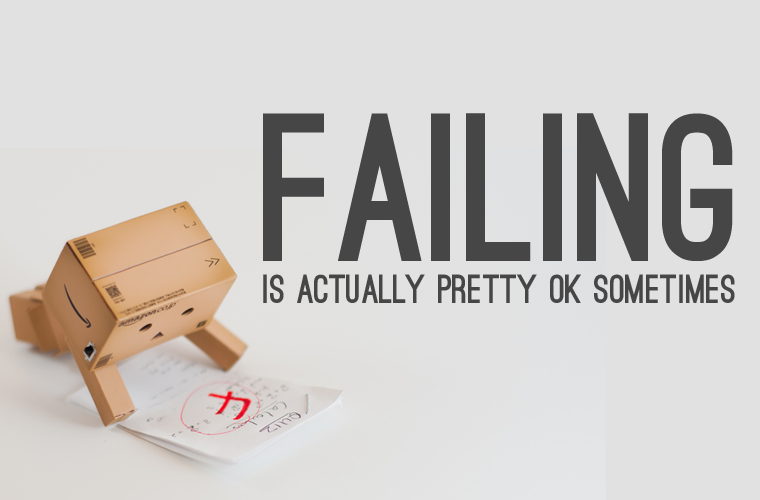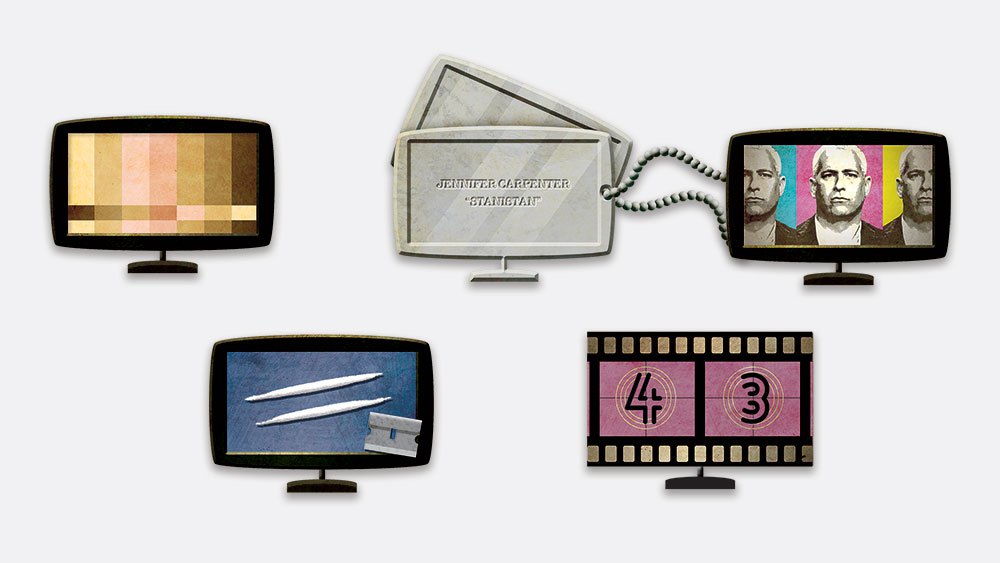Why Actors Are Switching from Film to TV: The talent, e.g. actors, are the faces of shows, making them one of the most integral pieces of the television puzzle. They are usually signed on to projects last, after the showrunner and director, and oftentimes their attachment is what convinces networks to greenlight the project. Other times networks only allow a project to continue moving forward if it satisfies a cast-contingent clause.
For some TV writers, being a staff writer or even a mid-level writer-producer isn’t enough. They don’t want to just write the story; they also want to pick the cast, the wardrobe, the sets, deal with network executives, even decide what the soundtrack is. They want total creative control.
Inside the Writers’ Room: The writers’ room is, as Zack Stentz, writer-producer of FRINGE and TERMINATOR: THE SARAH CONNOR CHRONICLES, puts it, “the collective brain of a TV show.” It’s where the creative minds behind the show come together and figure out the characters and break stories. Without functioning writers’ rooms, shows wouldn’t get off the ground.
There are many approaches to become a TV writer.
But some approaches are better than others.
Unlike becoming a novelist, becoming a TV show requires skills besides writing. You need to know:
- How the Hollywood business works
- How to speak to executives
- How to work with other writers
- …and much more
“How did this show get on the air?” I asked my roommate while watching CSI. “I can call every ‘twist’ they’ve written.”
“Why don’t you go write for them and see if you can do better?” she said.
While giving a speech at the Edinburgh International Television Festival, actor Kevin Spacey said “the King of television is the creatives.”[note]http://www.theguardian.com/media/interactive/2013/aug/22/kevin-spacey-mactaggart-lecture-full-text[/note]
He argued that Hollywood needs to focus more on nurturing the creatives and spend less time fixating on networks’ data and numbers. So who are these creatives he spoke of?
Pilots have been the go-to in the television industry for forever. Networks still rely on them to determine what they air, even though the pilot system has a pitifully low batting average when it comes to success rates.
Failure is something that everyone in television gets used to — they don’t have a choice.
TV Pilots: In television, you put A LOT of hard, often free work into your pilots. You:
You have an idea for a TV show. There’s intrigue. There’s action. It’s going to make Game of Thrones look like Mr. Roger’s Neighborhood.
Amazing. Now: where do you start? In this article, we’ll guide you through each step to create your TV show.

